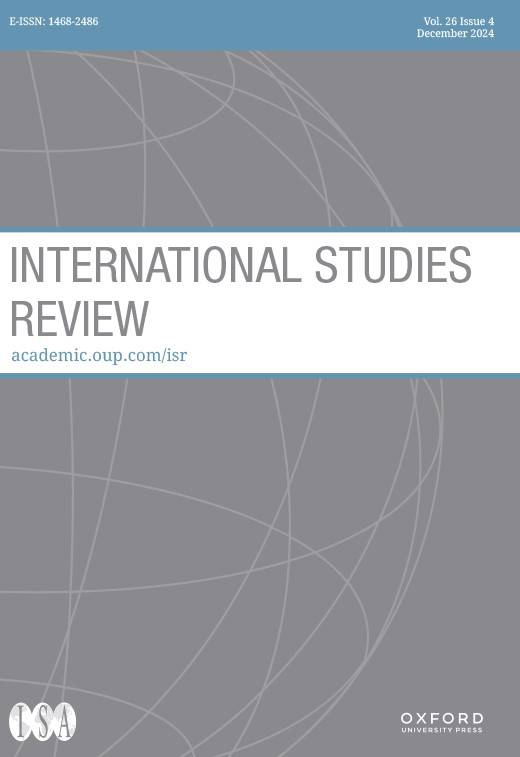Does economic deprivation fuel terrorist recruitment? A large empirical literature has explored this question, but the findings remain contradictory and inconclusive. We argue that this is due to inconsistencies in the way deprivation has been defined and measured. This article identifies these deficiencies and provides a roadmap toward more precise measurement of deprivation and consequently toward a better understanding of its potential impact on the emergence of terrorism. More specifically, we propose a conceptual framework that distinguishes three different dimensions of relative deprivation: individual vs. collective, objective vs. subjective, and synchronic vs. diachronic. Combining them yields eight different mechanisms that could link economic status to terrorist radicalization. Drawing inspiration from fields such as conflict studies, social psychology, and political behavior, we outline some measurement approaches that could capture the mechanisms in a targeted way. The findings have implications for how researchers should collect data and design studies as well as for how policymakers should interpret the statistical results.
Hertog, Steffen; Adrian Arellano; Thomas Hegghammer & Gudrun Østby (2024) Fifty Shades of Deprivation: Disaggregating Types of Economic Disadvantage in Studies of Terrorism, International Studies Review 26 (4).









